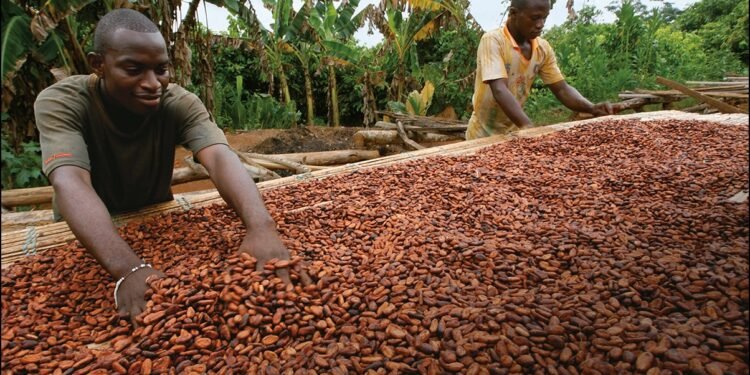Calls for international aid have been made as Afghanistan reels from an earthquake that killed more than 1,400 people and left thousands more injured.
Rescuers searched into the night on Monday for survivors after the 6.0-magnitude quake struck on Sunday destroying entire villages across the country’s eastern Kunar province, which borders Pakistan.
Many remained trapped under the debris of mud and stone homes built into steep valleys, but rescuers struggled to reach remote areas because of rough mountainous terrain and inclement weather.
It was a shallow earthquake, taking place just six miles beneath the Earth’s surface, which is known to have a particularly destructive impact.
Zabihullah Mujahid, a Taliban government spokesperson, disclosed today that the death toll had passed 1,411, and more than 3,000 people were injured.
Authorities said that they expected casualties to rise further once rescue teams reached more isolated locations, many of which remained inaccessible more than 24 hours after the earthquake struck.
Sharafat Zaman, a spokesperson for the health ministry in Kabul, called for international aid to tackle the devastation wreaked by the quake that struck at around midnight local time. “We need it because here lots of people lost their lives and houses,” he said.
Afghanistan had already been suffering from a severe economic crisis and a crippling withdrawal of international aid after the takeover of the country by the Taliban in 2021.
Hardline Taliban policies such as a ban on female education and employment have spurred on a sharp drop in international aid funding and humanitarian assistance to the country.
The disaster will further stretch the resources of the war-torn nation’s Taliban administration, which is also grappling with the return of hundreds of thousands of Afghans deported by Iran and Pakistan in recent weeks.
The quake razed three villages in Kunar and caused substantial damage in many others, authorities said.
Experts urged the international community to step in and provide support, emphasising that the country’s own rescue and relief organisations were barely functional.
Osama Malik, an expert in international law suggested that the funds of the Afghan government that have been frozen by the US and other countries should be disbursed to international organisations that are carrying out relief work in Afghanistan.
“The Pakistani government should also halt Afghan deportations at such a critical time when Afghanistan will be unable to manage an influx.”
Osama Malik
On Monday, Britain set out emergency funding support for those affected by the recent earthquakes, saying it would ensure that the aid did not go to the Taliban administration by channelling it through its partners.
Rescuers Struggle To Reach Remote Areas
Meanwhile, rescuers were battling to reach remote mountainous areas cut off from mobile networks along the Pakistani border but their efforts were impeded by heavy rain, which heightened the risk of landslides and left many roads impassable.
Military rescue teams fanned out across the region, the defence ministry said, with 40 flights carrying away 420 wounded and dead
Kunar’s Head of disaster management, Ehsanullah Ehsan, said that efforts would be extended to more of the region’s mountainous areas.
“We cannot accurately predict how many bodies might still be trapped under the rubble. Our effort is to complete these operations as soon as possible and to begin distributing aid to the affected families.”
Ehsanullah Ehsan
he added that some of those who were injured have been transferred to hospitals in neighbouring Nangarhar province and the capital, Kabul.
The mountainous terrain in the area is making rescue work difficult. Volunteers have been unable to reach isolated areas along the Pakistani border, where mostly mud-brick homes have been destroyed.
According to Ehsan, gaining vehicle access to the narrow mountainous roads in the area has been the main obstacle for relief work. The roads have been damaged by the quake or covered in landslides.
Indrika Ratwatte, the United Nations humanitarian coordinator in Afghanistan, said at a news briefing in Kabul that the lack of road access has forced emergency response teams to rely on helicopters.
In a situational update, the World Health Organization (WHO) said that the destruction of roads and the remote locations of many of the affected villages “severely impede the delivery of aid.”
READ ALSO: Prudential Bank Steps Up Prostate Cancer Education in Ghana























